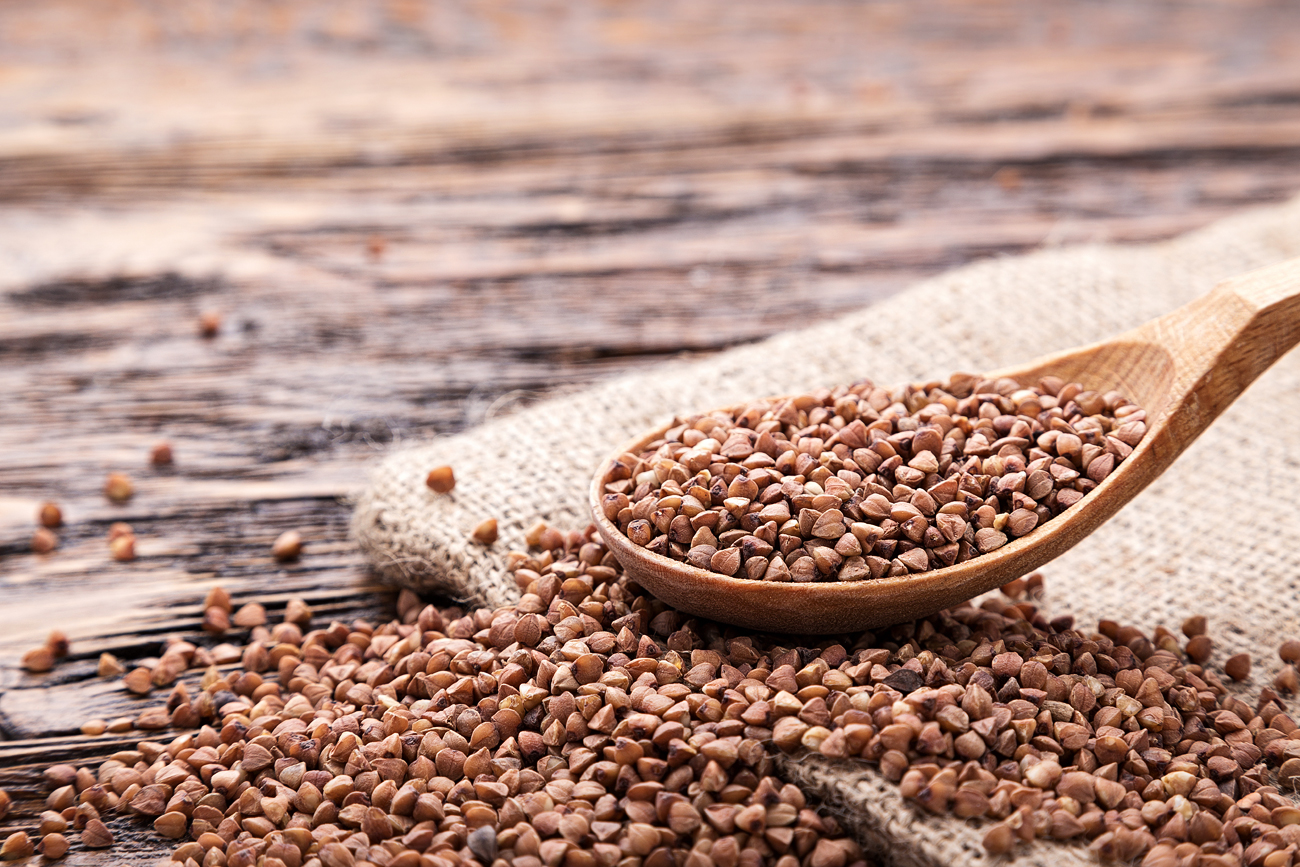
Russians owe many of their finest national traits to buckwheat.
Legion MediaIf you ask me which dish I think is most Russian, I won’t hesitate to say that it’s buckwheat. Having traveled half the globe, the Russian culinary delight that I miss most when abroad is buckwheat porridge. For some reason, only in Russia, and perhaps several Eastern European countries, do people know about this marvelous dish. When the English asked me about my gastronomic preferences I replied that there’s a type of Russian porridge similar to their oatmeal, only tastier and more nutritious. In the Middle East, I explained that it’s similar to couscous, but you don't have to add stewed meat or vegetables. Buckwheat is great when eaten plain, though with lots of butter. Seeing the confusion on the faces of my interlocutors, I realized that buckwheat porridge is one of the mysteries of that "enigmatic Russian soul."
It’s no secret that the particularities of any national character are directly related to diet. Therefore, it can be surmised that buckwheat porridge is responsible for the strength and love for life that are doubtlessly inherent in Russians.
"You didn’t eat enough porridge," Russians say about a weakling who is incapable of meeting a difficult challenge. William Pokhlyobkin, an expert on Russian culinary traditions, affirms that when chronicles, legends, tales, songs and sayings mention porridge, they are speaking precisely about buckwheat, the symbol of Russia's eccentricity.
"Buckwheat porridge is our mother and rye bread is our father," goes one saying. Anyone who is even slightly familiar with Russian culture knows of the reverent attitude that Russians have towards bread. ("Bread is the mind in everything," is Russia's main gastronomic aphorism). And it’s not by chance that in folklore buckwheat and bread are allotted such respected and central functions.
In St. Petersburg, where with several words and expressions speech differs from the Moscow patois, grechka (buckwheat) is gently called grecha. One theory says that people began saying this after the war, when buckwheat grain from the Urals and Siberia saved many people from hunger.
Grechka is easy to cultivate, and in old times each Russian peasant grew it in his garden, feeding his family with a hearty porridge full of nutritious substances and minerals.
Numerous are the dishes that include buckwheat: from the modest buckwheat breakfast porridge with butter, to the main courses of a dinner feast. The most famous are baked duck and steamed piglet stuffed with buckwheat. By the way, buckwheat neutralizes the grease in dishes and mitigates the heaviness in the stomach after a traditional hospitable feast. I've even heard of nutrition courses based solely on buckwheat porridge.
Oh, how tasty is buckwheat honey! In my view, it’s the best and is believed to be able to cure all diseases.Having acquired substantial traveling experience, I have learned to find buckwheat in the farthest corners of the planet. Or is it buckwheat that finds me? Wherever Russians live, you'll find buckwheat - the émigré stores in Western Hollywood, or the exotic delicacy section of a village supermarket in the Dominican Republic. I’ve found buckwheat in the most unexpected places. The issue concerned only price.
Once I arrived in Tangiers, Morocco and a businesslike man in a djellaba (a long Berber robe) knocked at my door. He was originally from southern Russia but had assimilated so well that I mistook him for a Moroccan. Perhaps the concierge told him I was from Moscow.
As we were speaking with a conspiratorial tone he told me that he could procure some… buckwheat. It turned out he ran a small business that supplied the small number of Russians living in Morocco with the most necessary goods, including buckwheat. Obviously, this was an offer I couldn't refuse!
If using any of Russia Beyond's content, partly or in full, always provide an active hyperlink to the original material.
Subscribe
to our newsletter!
Get the week's best stories straight to your inbox